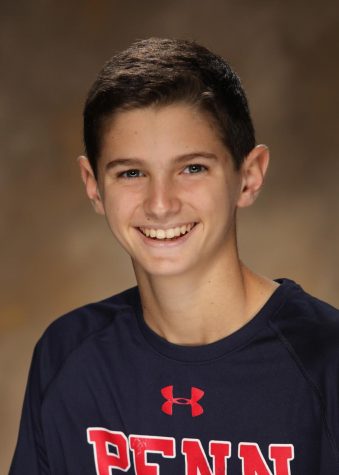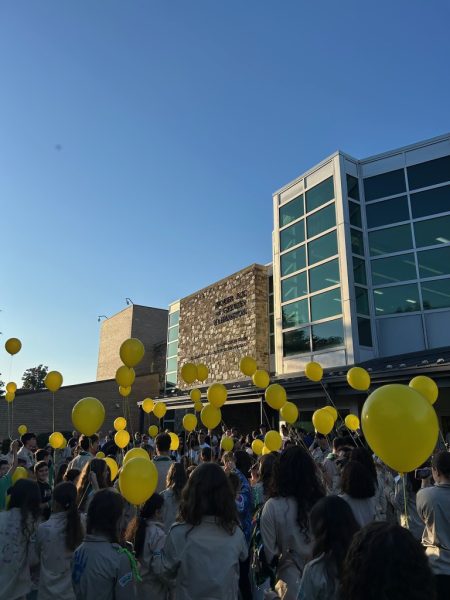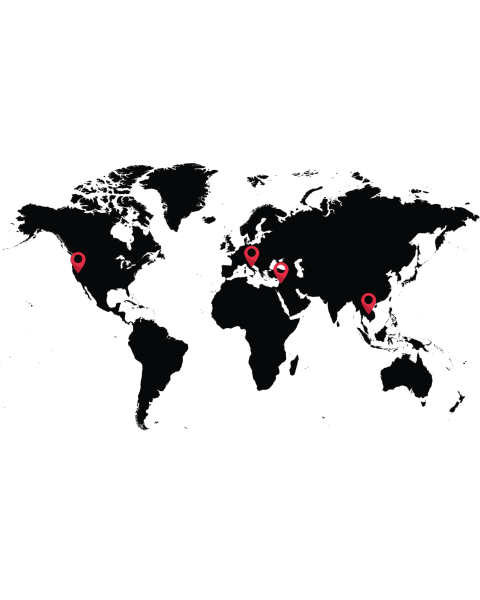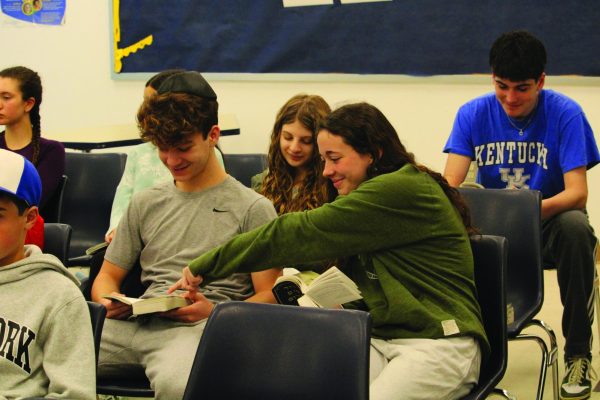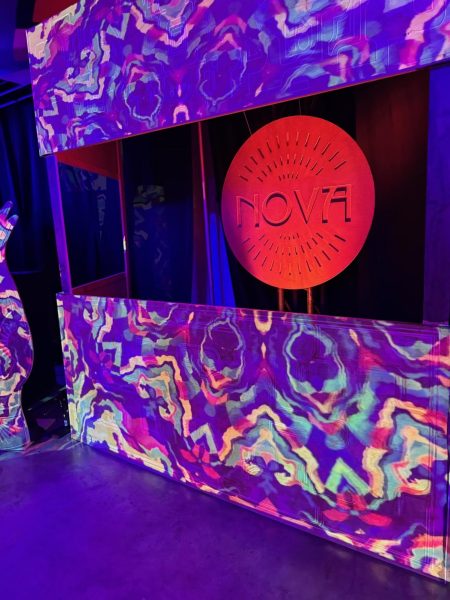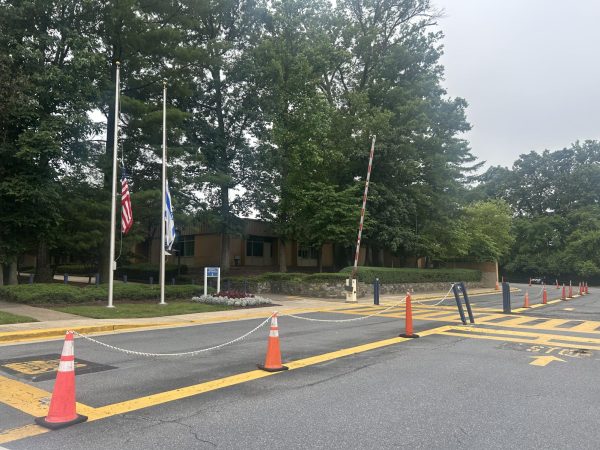Yiddish club brings the ‘chutzpah’
For many people, artifacts spark interest in historical events, but for Jewish history teacher Dr. Daniel Rosenthal, they sparked an interest in the Yiddish language.
While Rosenthal had heard of the language, he did not know it and was intrigued by the Hebrew letters “that meant nothing” to him.
Years later, when writing his senior thesis at Johns Hopkins University, Rosenthal (‘00) realized that since he knew Hebrew from his time at CESJDS and since he was currently taking German, he could incorporate a bit of Yiddish into his thesis by putting the two languages together. Even though Rosenthal taught himself a bit of Yiddish while an undergraduate, he did not take his studies seriously until graduate school at the University of Toronto.
In graduate school, Rosenthal taught himself Yiddish and did a Yiddish summer immersion program at the YIVO Institute in New York. Additionally, Rosenthal studied early 20th century Yiddish newspapers to bolster his skills.
While Yiddish is now significant to Rosenthal’s Jewish identity, it wasn’t at first.
“It’s only since I have learned Yiddish that I realized the role that it played [in] my family,” Rosenthal said.
Rosenthal’s great grandparents were native Yiddish speakers, and his great grandmother was a subscriber to The Jewish Daily Forward, the oldest Yiddish daily newspaper in the world.
It was through his studies of Yiddish that Rosenthal realized that for a long time, it was the language of the Jews. According to Rosenthal, before the Holocaust took place and the State of Israel was established, Jewish communities all around the world spoke Yiddish.
Rosenthal decided to start the Yiddish club two years ago because of the universality of Yiddish to the global Jewish community decades ago. Though the club was inactive last year, it is continuing to meet this year.
“Yiddish is the Jewish language … and when Dr. Rosenthal offered to start a club [about it,] we were thrilled,” Dean of Students Roslyn Landy said. “We are always excited about offering our students the opportunity to be exposed to another language which is an important learning experience.”
JDS had a Yiddish class for a few years in the early 2000s until the supervising teacher left, according to Landy. The class is no longer offered because there are very few Yiddish teachers, but students can still learn some Yiddish at club meetings.
“It opens up Jewish cultures that go back one-thousand years. It unlocks that culture that you cannot unlock with any other language,” Rosenthal said. “It’s super close to home, but on the other hand it seems extremely foreign to us.”
According to club member and senior Ray Ash, Rosenthal teaches Yiddish words and then members practice using these words in sentences with words that they already know. While Ash thinks learning Yiddish is important for expanding his knowledge of Jewish history, joining the club was less about the Yiddish itself and more about learning from Rosenthal.
“Dr. Rosenthal is one of my favorite teachers, and I really wanted to learn from him because he is really excited about what he teaches,” Ash said.
While Rosenthal enjoys teaching silly Yiddish words and the construction of Yiddish insults, he also thinks learning Yiddish can have a real impact on people’s lives.
“I think that Yiddish is really important for finding ways into Jewish identity that most people today don’t consider,” Rosenthal said. “In Eastern Europe, Yiddish itself was a form of Jewish identity. Having a Jewish language that was not necessarily a religious language provided a culture that let people be Jews without being religious…. I think for a lot of Jews today who are looking for that type of identity, Yiddish is often a way into that world.”
This story was featured in Volume 37, Issue 2 print edition of The Lion’s Tale, published on Oct. 4, 2019.
